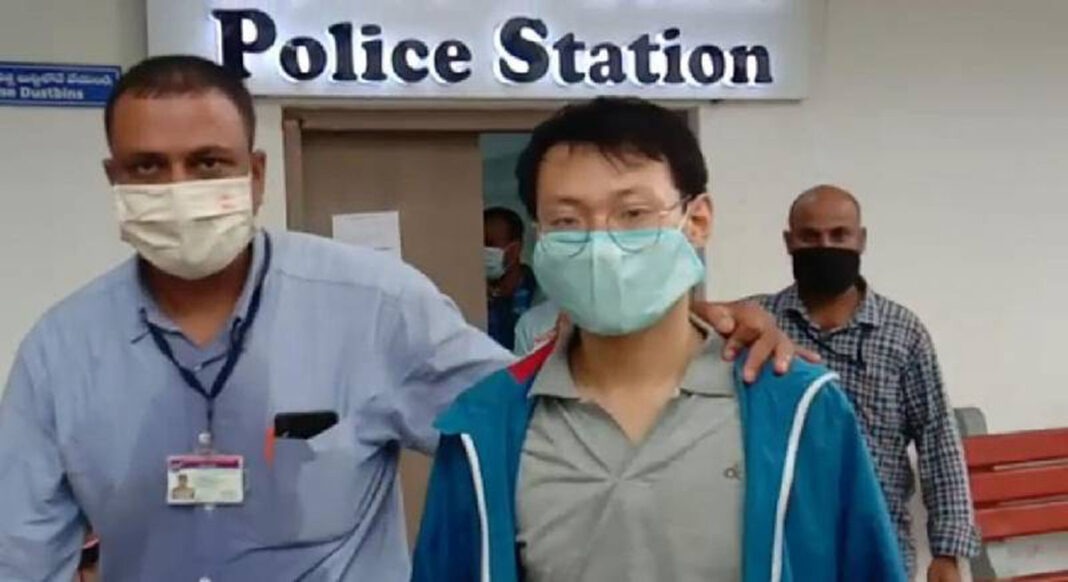INDIA. Mumbai. The enforcement directorate (ED) in the recent raids conducted at 15 locations across Delhi, Gurugram, Mumbai, and Pune over suspected money-laundering, froze four HSBC bank accounts. These accounts contained Rs 46.96 crore and the actions were done as part of a probe related to Chinese apps allegedly running online betting operations in India.
The ED launched a probe into a racket estimated at over Rs 1000 crore, under the Prevention of Money Laundering Act (PMLA), on Friday based on actions of the Hyderabad Police against a Chinese national and three Indians on 13 Aug.
Online betting scam busted
The Cyber Crime Station (CCS) of the Hyderabad Police had registered a First Information Report (FIR) under sections 420 and 120B of the Indian Penal Code (IPC) and section 3(1) (i) of the Telangana State Gambling Act of 2017 against Dokypay Technology Private Limited, and Linkyun Technolgy Private Limited. Both groups were operating from Haryana. A Chinese national, Yan Hao, and three Indians, Dhiraj Sarkar, Ankit Kapoor, and Neeraj Tuli, were said to be the directors of these companies. They were arrested based on the complaints of two people who lost Rs.1.64 lakh and Rs.97,000 after placing bets while playing online games.
Yan Hao, the head of operations for Southeast Asia for the company known as Beijing Tomorrow Power Company, has been organizing online betting in India for a long time.
Four bank accounts were frozen
During a search of these companies, the ED seized 17 hard disks, five laptops, phones, crucial incriminating documents, and froze Rs.46.96 crore held in four HSBC Bank accounts.
After the bank accounts were opened, Internet access credentials were couriered by Indian employees to China. Major payment instructions then came from the owners who operated from China. The accused companies floated a large number of similar-looking websites that were hosted through Cloudflare, an American web-infrastructure and web-security company that provides content-delivery-network services, Internet security, and domain-name-servers services.
People were lured into becoming members and placing bets on these apps, which promised attractive rewards on simple games of chance. Some locals were hired to open accounts with HSBC Bank and also open trade accounts with online wallets, namely Paytm, Cashfree, and Razorpay.
Further, a network of agents was hired to attract new customers. These agents created closed Telegram and WhatsApp based groups and attracted lakhs. Referral codes were used to privately invite new members. This also helped the sponsoring member to earn a commission.
An entire network of websites exposed
Paytm and Cashfree were used to collect money and pay commission to the agent members. Hundreds of websites were created to promote online betting under the garb of e-commerce. However, not all websites were activated daily.
Large, unexplained financial transactions were also seen with other Indian companies running Chinese dating apps for Indian citizens. There is suspicion that apart from indulging in banned activities like online gambling, this network of companies with their reliance on online wallets and their lax regulatory systems could have been involved in other transactions. The ED is currently obtaining additional information from online wallet companies and HSBC Bank, in relation to the scandal.




Comments are closed.